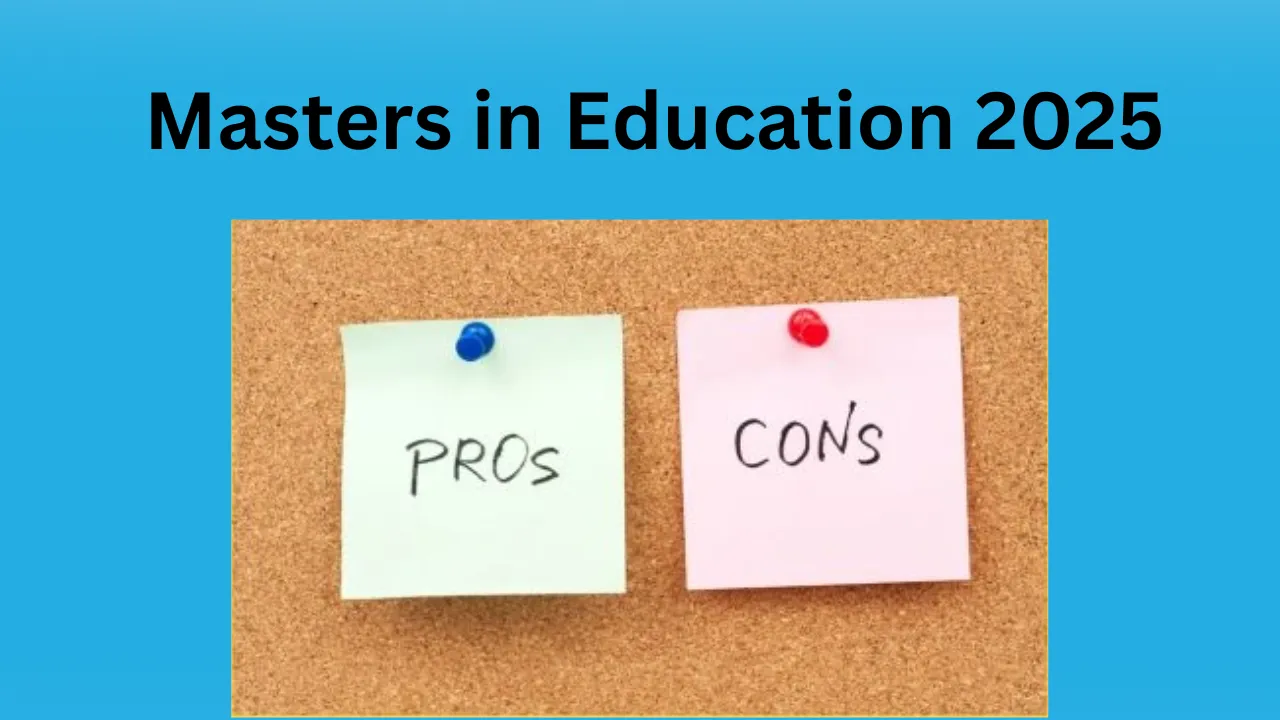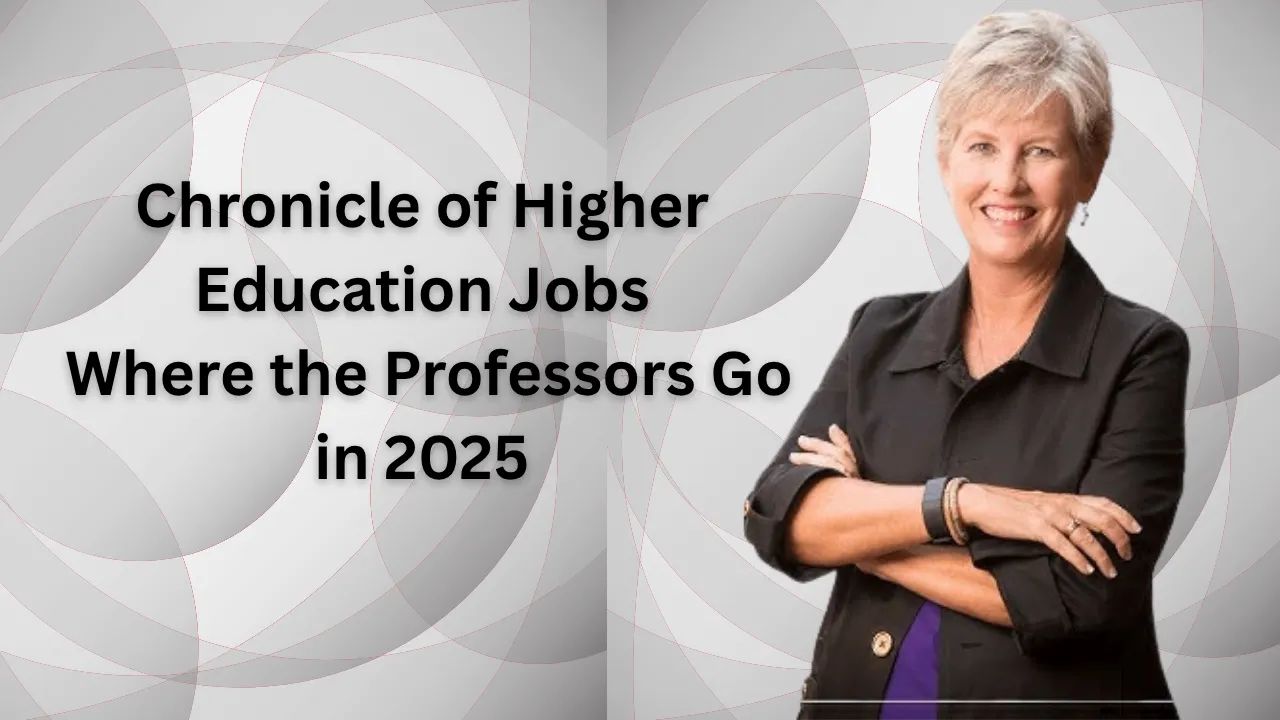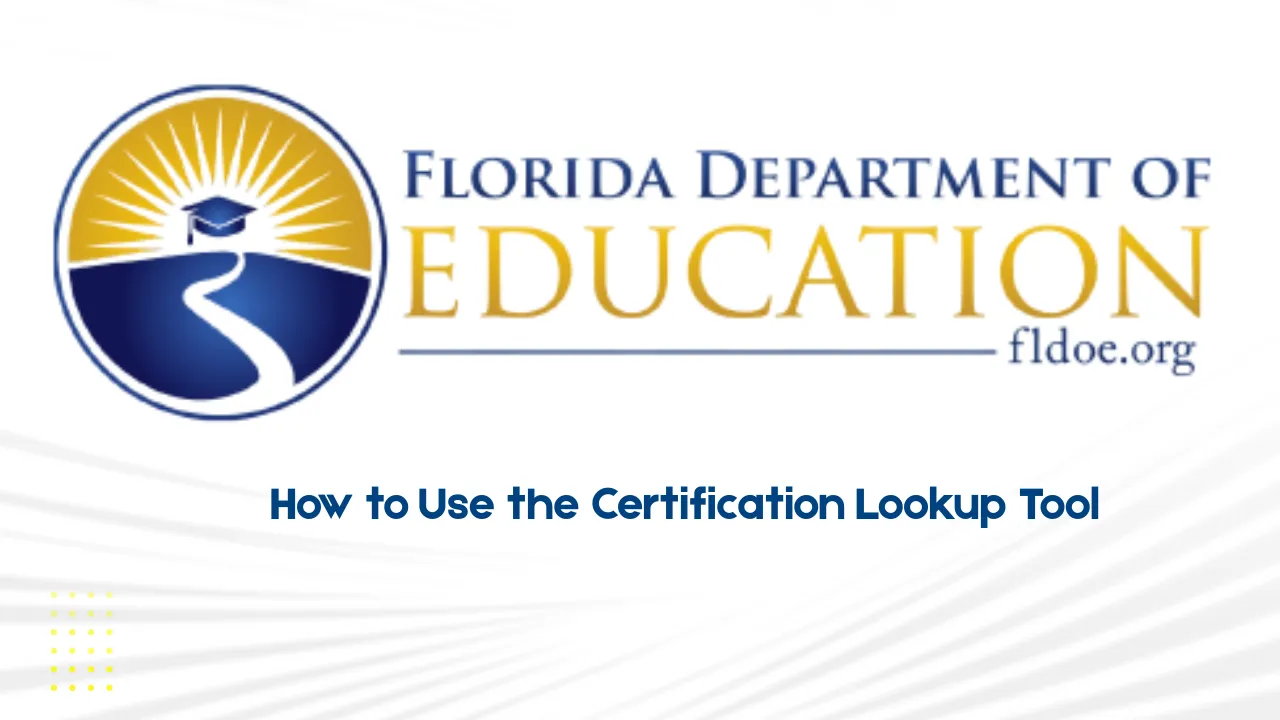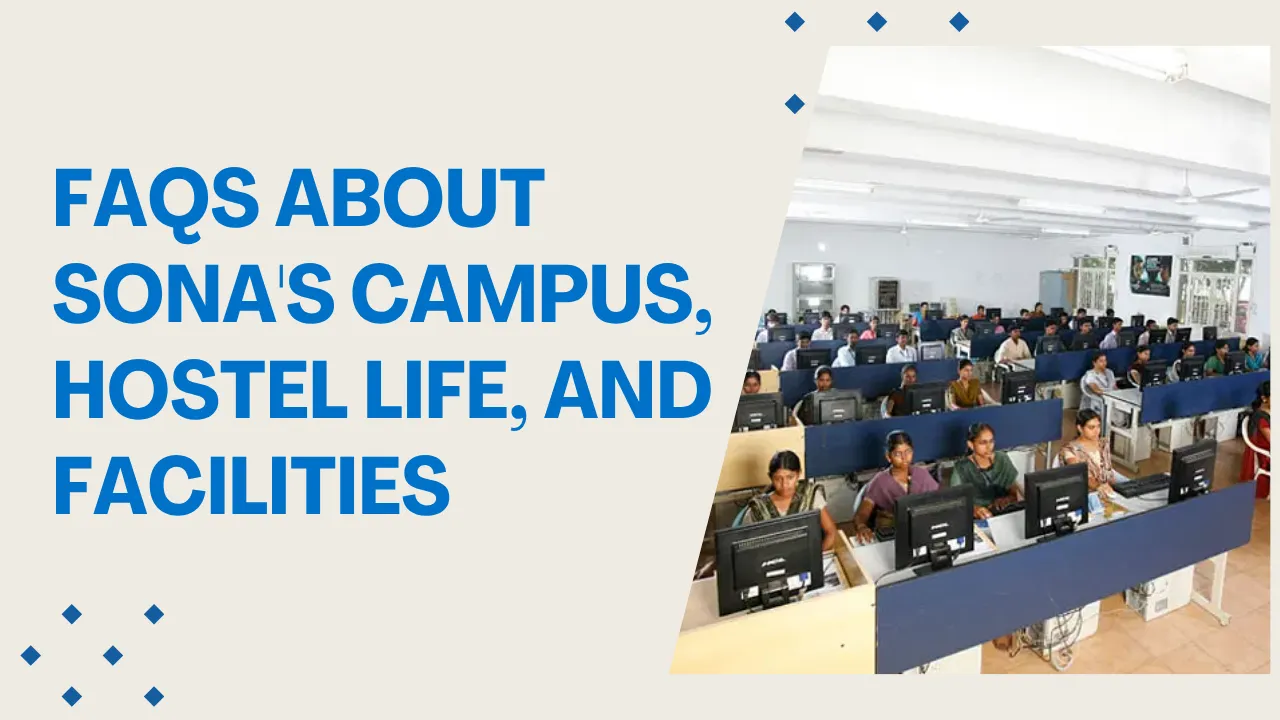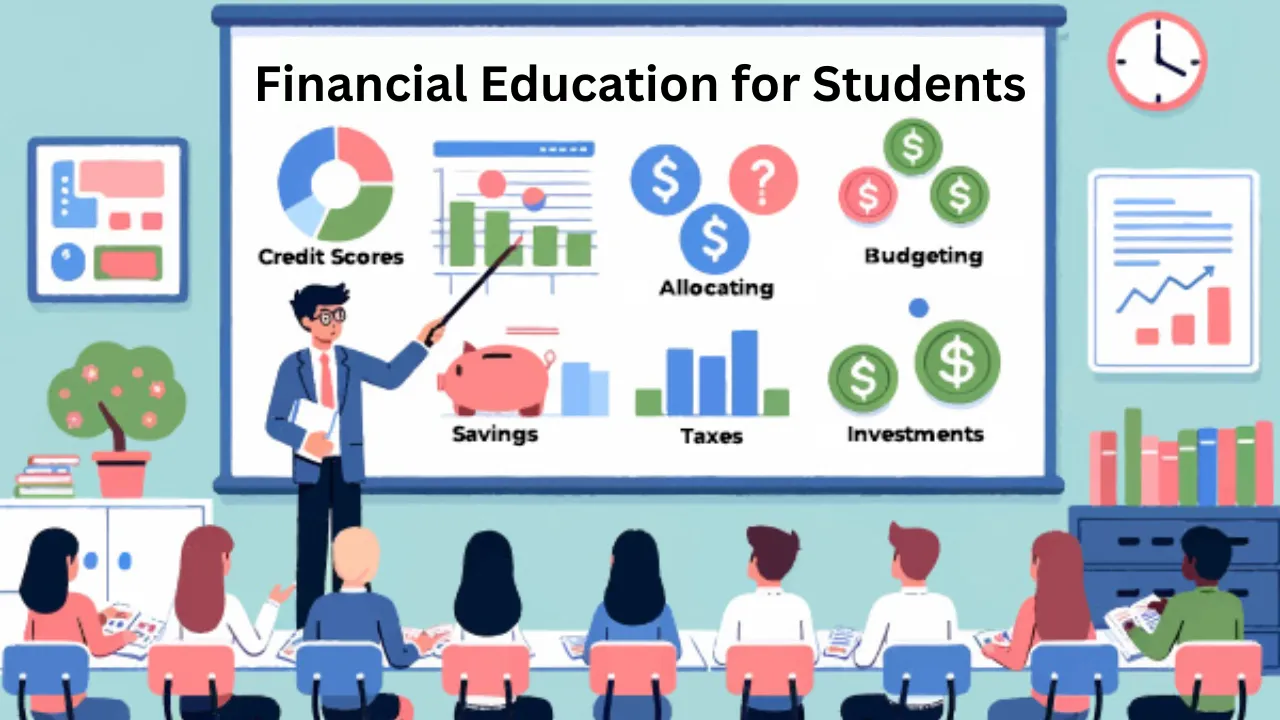Masters in Education 2025: Masters in Education 2025 often sparks a key question among teachers and aspiring educators: is pursuing this advanced degree still worthwhile? With rising costs, heavier workloads, and ever-evolving classroom needs, it’s natural to wonder whether investing time and money into a master’s makes sense.
In this article, we’ll break down the true value of a Masters in Education 2025. You’ll learn about potential salary increases, chances for leadership roles, and how specialized skills and online programs can shape your career. We’ll explore both advantages and drawbacks so you can decide if this path aligns with your goals.
Masters in Education 2025: Is It Still Worth It?
The value of a Masters in Education 2025 extends far beyond a piece of paper. Today, educators seek not only salary benefits but also relevant expertise in areas like digital teaching, inclusive classrooms, and leadership. With trends in online learning and tech integration, this degree can offer tools you’ll actually use. A well-designed program shapes critical thinking, boosts confidence, and gives access to roles such as instructional coach or curriculum director. If you’re driven by impact and growth, a master’s in education still holds strong value—and the right program can make it transformative.
Overview Table
| Key Area | Details |
| Career Advancement | Opens leadership roles like principal, coach, or specialist |
| Salary Boost | Earn several thousand dollars more annually |
| Specialized Skills | Gain expertise in autism, educational tech, TESOL, inclusion |
| Flexibility | Fully online and hybrid formats suit working teachers |
| Faith‑Integrated Options | Some programs offer ethical or spiritual education grounding |
| Real Impact | Increased engagement, teaching quality, and classroom management |
Career Advancement Opportunities
One of the strongest arguments for earning a master’s is access to leadership roles. A Masters in Education 2025 can help you step into titles like instructional coach, department head, or curriculum designer. These positions bring not just prestige, but the satisfaction of helping peers grow. They can also lead to roles such as school principal or district specialist. In many school systems, a master’s degree is either required or brings eligibility for pay raises—often more than what comes with bachelor’s-level credentials.
Develop Specialized Skills That Make a Difference
General teaching skills only get you so far. What sets a Masters in Education 2025 apart is the chance to develop specialized expertise. Programs now offer certificates in instructional technology, special education (like autism), English language learning (TESOL), and more. These skills are in high demand, especially in schools focused on digital integration and diversity. Teachers with training in tech-enhanced instruction or cultural competence stand out and can mentor peers, leading to greater job satisfaction and improved student outcomes.
Flexibility for Working Educators
Most educators can’t step away from the classroom to study full-time. Thankfully, modern master’s programs offer online and hybrid options that cater to this reality. Courses are held in the evenings or on weekends. Assignments often build on your current teaching practice, making the work practical and enriching instead of overwhelming. For teachers managing full schedules, the flexibility of an online master’s in education makes professional development achievable without burnout.
Faith Integration That Addresses Today’s Issues in Education
Some people want more than academic credentials—they’re looking for a degree that aligns with their values. Faith-integrated master’s programs serve educators who see teaching as a calling rooted in ethics and service. These degrees guide you through sensitive issues like equity, character education, and spiritual development. Even in public schools, this foundation may help you foster moral learning and community bonds, aligning your classroom practices with what truly matters to you.
Real Impact in Real Classrooms
A major worry about graduate degrees is whether theory translates to practice. The answer? With strong programs and current formats, absolutely. Teachers who earn a Masters in Education 2025 report better lesson planning, stronger engagement, and more confidence. They often lead professional learning groups, pilot new teaching tools, and cultivate classroom communities rooted in respect and curiosity. The degree enhances your teaching—in ways students, parents, and administrators notice.
Pros and Cons of a Masters in Education 2025
Pros
- Career Growth: Unlock leadership roles and specialist positions.
- Higher Salary: Many districts offer pay bumps post-master’s.
- Targeted Training: Certificates in tech, inclusion, TESOL, etc.
- Flexible Learning: Online scheduling fits working teachers.
- Ethical Foundations: Faith-based options add deeper value.
- Classroom Benefits: Better strategies and more confident teaching.
Cons
- Cost: Tuition and fees can be significant.
- Time Demands: Juggling work, family, and study can be tough.
- Variable ROI: Some districts may not reward the extra credential.
- Program Differences: Not all programs are high-quality or up-to-date.
Is It Worth It? Final Thoughts
A Masters in Education 2025 can be a game-changer—especially if you’re aiming for leadership, deeper subject knowledge, or meaningful impact in your classroom. With programs that offer certificates in high-demand areas like digital teaching or special education, the degree stays relevant. And thanks to flexible online options, it’s accessible without leaving your job. Yet cost and time investment are real factors. Before committing, consider your goals, your school’s policies on pay or promotion, and the quality of the program you’re eyeing.
FAQs
1. Can a master’s degree fast-track my career?
Yes—many schools require or prefer master’s holders for leadership roles and specialist positions.
2. Is an online master’s as respected as in-person?
Reputable online programs are well-regarded, especially if you choose accredited schools with solid reviews.
3. How do specializations like TESOL help me?
They give competitive teaching skills in demand, such as supporting English learners or technology-based instruction.
4. Will I earn enough to cover costs?
It depends on your district. In many cases, the salary bump offsets tuition over time.
5. How long does it take to complete?
Most take about two years part-time. Accelerated or full-time options can finish in 1–1.5 years.
Final Thought & Call to Action
After exploring the value, flexibility, and specialized potential of a Masters in Education 2025, it’s clear this degree remains a strong investment—if aligned with your life and goals. Are you thinking about taking this step? Do you want to compare programs or need help choosing specializations? Let’s talk! Drop your questions or experiences in the comments below. And if you found this helpful, share it with fellow educators planning their next big move. Your thoughts could inspire someone else—and together, we’ll keep raising the bar in teaching.
